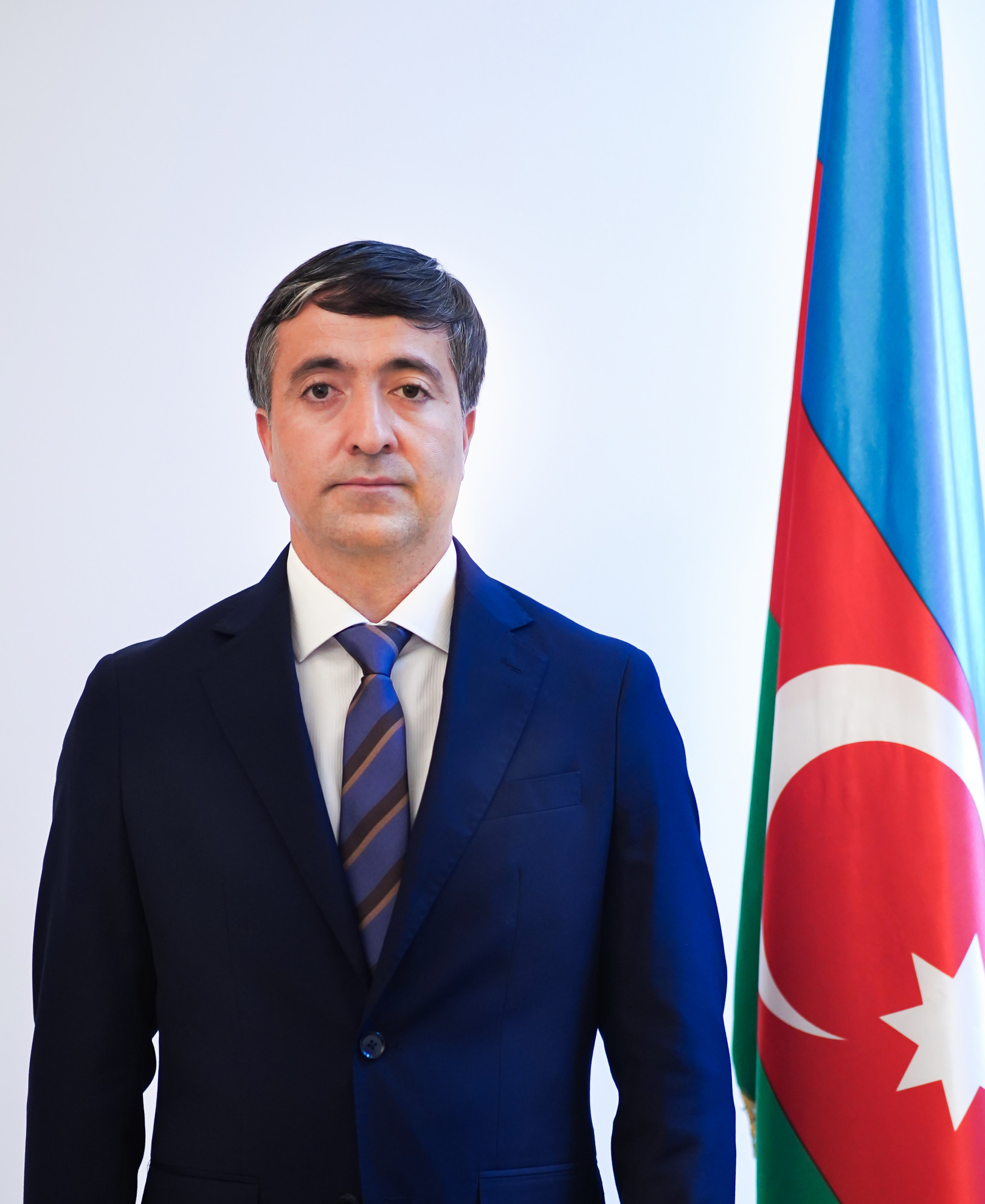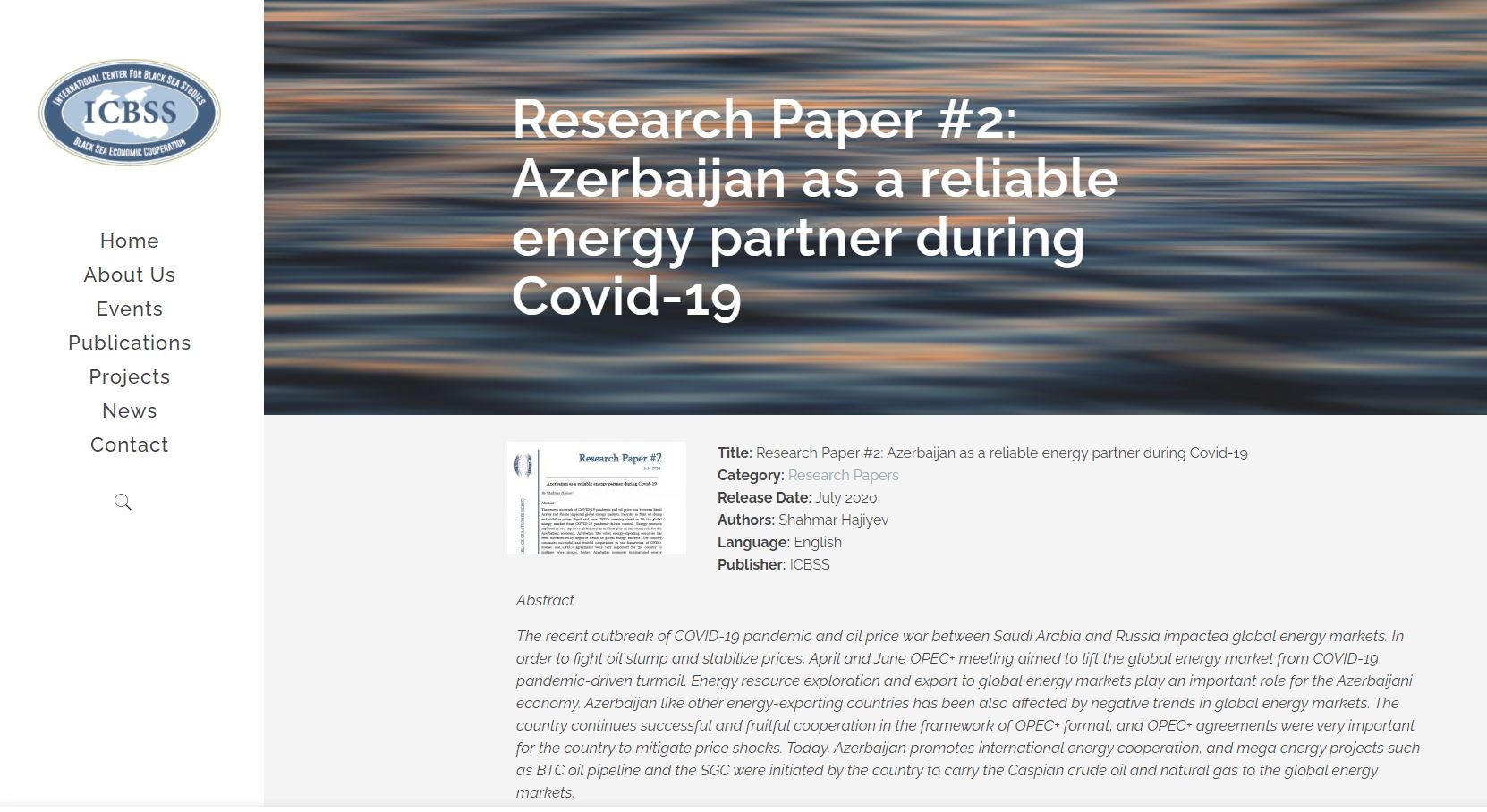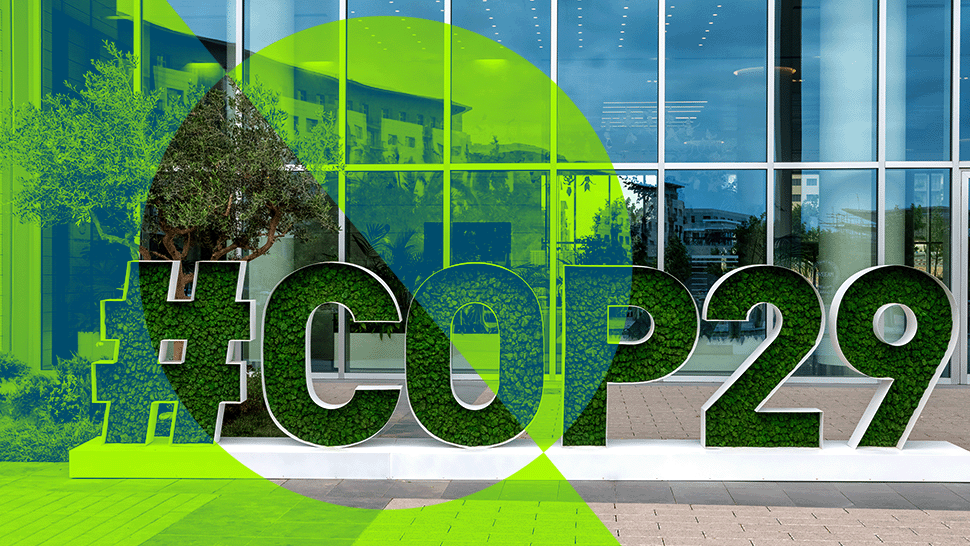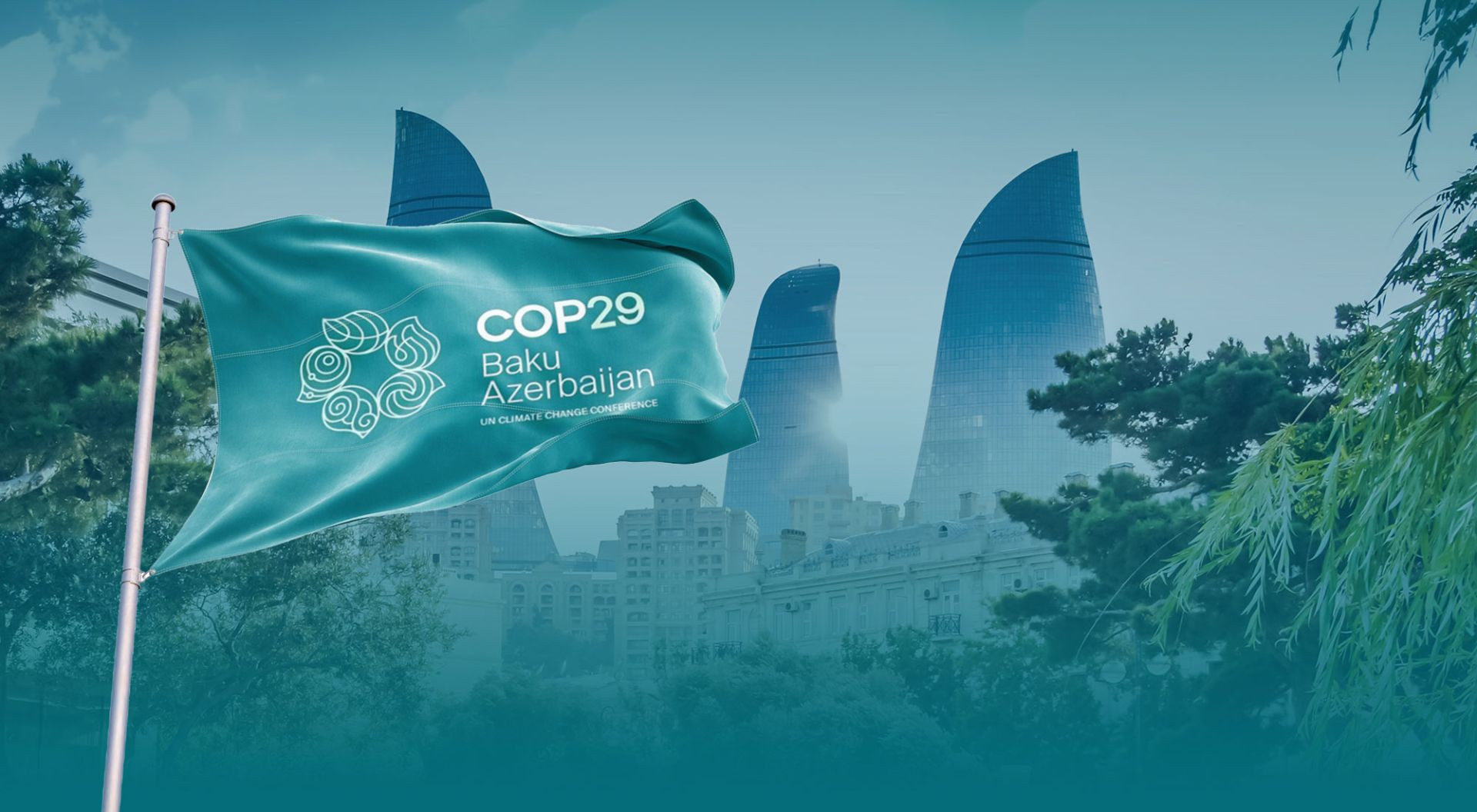The recent outbreak of COVID-19 pandemic and oil price war between Saudi Arabia and Russia impacted global energy markets. In order to fight oil slump and stabilize prices, April and June OPEC+ meeting aimed to lift the global energy market from COVID-19 pandemic-driven turmoil. Energy resource exploration and export to global energy markets play an important role for the Azerbaijani economy. Azerbaijan like other energy-exporting countries has been also affected by negative trends in global energy markets. The country continues successful and fruitful cooperation in the framework of OPEC+ format, and OPEC+ agreements were very important for the country to mitigate price shocks. Today, Azerbaijan promotes international energy cooperation, and mega energy projects such as BTC oil pipeline and the SGC were initiated by the country to carry the Caspian crude oil and natural gas to the global energy markets.
The recent outbreak of COVID-19 pandemic impacted global energy markets, therefore, many states are focusing more on energy security. In addition, oil price war between Saudi Arabia and Russia has hit the global energy prices. As a result, oil prices crashed to historic lows, and even US oil price fall below zero. In order to fight oil slump and stabilize prices, April OPEC+ meeting agreed to cut production by 9.7 million barrels per day. It was a record deal to lift the global energy market from COVID-19 pandemic-driven turmoil.
The 11th OPEC and non-OPEC Ministerial Meeting via videoconference in June has recalled the decision taken by all Participating Countries in the “Declaration of Cooperation” at the 10th OPEC and non-OPEC Ministerial Meeting to adjust downwards overall crude oil production. Azerbaijan like other energy-exporting countries has been also affected by negative trends in global energy markets. The price of Azeri Light crude fell below $20 on world markets. As energy revenues are very important for the state budget, the country contributed to the process of global regulation of the oil market as non-OPEC state. If the daily oil production in the country amounted to 763.9 thousand barrels in March 2020, and within the framework of OPEC+ agreements was agreed that daily production of crude oil in the country should not exceed 554,000 barrels in May and June 2020 , 587,000 barrels in JulyDecember 2020 and 620,000 barrels between January 2021 and April 2022. Obviously, oil production and exportation play a critical role in GDP growth, and volatility of energy prices adversely affects Azerbaijan’s GDP growth rate. To be precise, the state budget for the current year calculated at oil price $55 per barrel, and the price for Azeri Light crude rose to $43.94 per barrel in June of the current year. In this context, OPEC+ agreement was very important for Azerbaijan in order to mitigate price shocks. Azerbaijan continues successful and fruitful cooperation in the framework of OPEC+ format, and as noted by Mohammad Sanusi Barkindo, OPEC SecretaryGeneral; “Baku was the birthplace of the world’s first industrial oil well in 1846. It is a prominent reminder that some of the greatest early advances in drilling, pipeline development, transportation and offshore exploration and production occurred in Azerbaijan”. In this regard, it is worth noting that Azerbaijan initiated energy projects to carry the Caspian crude oil and natural gas to the global energy markets. The 1,768 km Baku-Tbilisi-Ceyhan (BTC) pipeline was a result of successful energy policy implemented throughout the 1990s. Since the pipeline became operational in June 2006 till the end of the first quarter of the current year, it exported a total 3.41 billion barrels of crude oil to world markets. It should be noted that the BTC pipeline exports mainly Azeri–Chirag–Gunashli (ACG) crude oil and Shah Deniz (SD) condensate from Azerbaijan, as well as crude oil and condensate from Turkmenistan, Russia and Kazakhstan are being also carried via the pipeline. The BTC pipeline opened new opportunities for the country as it connected the Western energy markets directly to the energy rich Caspian Sea. In general, the development of the oil industry strengthened Azerbaijan’s independence, developed infrastructure, and more importantly, solidified country’s position as a major actor within the international arena. Today, Azerbaijan promotes international energy cooperation as the country’s role as net gas producing and exporting country is growing year by year.
Total production from the SD field may reach 26 bcm/a of gas and up to 120,000 barrels of condensate a day. To export the Caspian gas to the European energy markets, Azerbaijan initiated another mega energy project called “Southern Gas Corridor” (SGC). The total length of all segments will be 3,500 km from Baku to the south of Italy through Georgia, Turkey, Greece, and Albania. The SGC is planned to deliver gas to Europe in 2020. The European part of the SGC is Trans Adriatic Pipeline (TAP). The TAP pipeline will start in Greece at the Greek-Turkish border connecting to the Trans-Anatolian Natural Gas Pipeline (TANAP) and crossing Greece, Albania and the Adriatic Sea with its final destination in Italy. TAP was selected as the shortest and most direct way to export Azerbaijani gas from the Caspian Sea to European energy consumers. It should be underlined that the COVID-19 pandemic could not prevent the project implementation, and at the end of May of the current year, the TAP project was 96% completed. Azerbaijan will contribute to energy security of Europe. Once TAP project is over, Italy will receive about 8 bcm/a gas, as well as Greece and Bulgaria have contracts to import 2 bcm/a gas from SD via TAP. So, the Greece-Bulgaria Interconnector (IGB) will supply 1bcm/a gas to energy consumers in Bulgaria. Alternative sources of gas are fundamental for the diversification process, and European countries will benefit very much from the SD gas as source of diversification. The EU fully understands this and supports the all the above mentioned energy projects. These projects are also included in the list of “Projects of Common Interest” (PCI) for a single European energy system approved by the EC. The main aim of Azerbaijan is to provide reliable, accessible, secular and competitive natural gas supplies from the Caspian Sea to the European energy consumers. In the end, impacts of COVID-19 pandemic on global energy demand and prices were catastrophic; hence many energy producing countries aim to recover energy sector from pandemic shock. Azerbaijan continues to cooperate successfully with partners in this direction, and the SGC will be finalized soon. It is commendable that the first delivery of gas from SD field was introduced into a 4 km section of the pipeline in Albania, between the Greek-Albanian border and up to the TAP metering station in Bilisht on May 20 of the current year. All mega energy projects clearly illustrate that the energy cooperation incorporates many players such as consumers, producers, transit countries, governments, energy companies, but more importantly, inter-state relations between involved parties. The above mentioned facts confirm that Azerbaijan managed to establish an effective consumer-producer dialogue and cohesive strategy that are important to realize the mega energy projects.
The International Centre for Black Sea Studies (ICBSS) was founded in 1998 as a nonprofit organisation. It has since fulfilled a dual function. On the one hand, it is an independent research and training institution focusing on the wider Black Sea region. On the other hand, it is a related body of the Organisation of the Black Sea Economic Cooperation (BSEC) and serves as its acknowledged think-tank. Through all its activities, the ICBSS aims to foster multilateral cooperation among the BSEC member states as well as with their international partners. As an independent research and training institution, the ICBSS exploits synergies with its institutional role and develops complementary activities. This includes the elaboration and publication of research papers and studies, the organisation of a variety of scientific events, the management of research projects, as well as networking activities.
https://icbss.org/books/research-paper-2-azerbaijan-as-a-reliable-energy-partner-during-covid-19/








